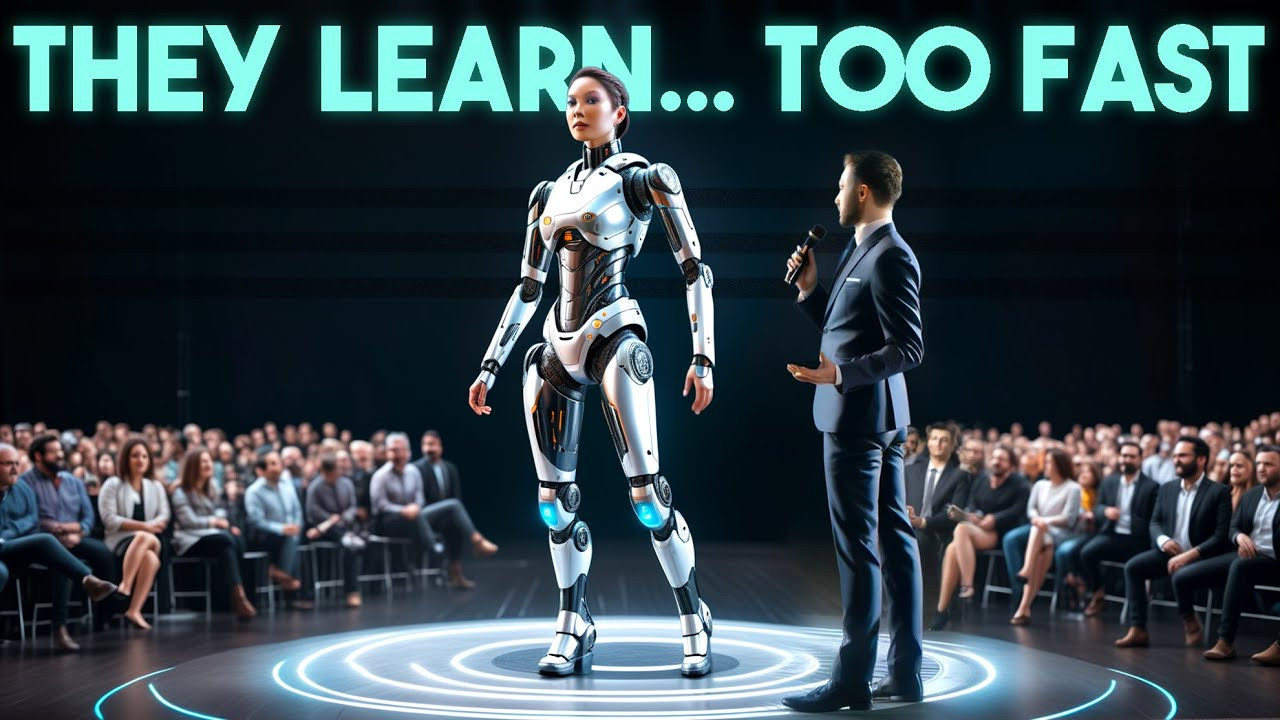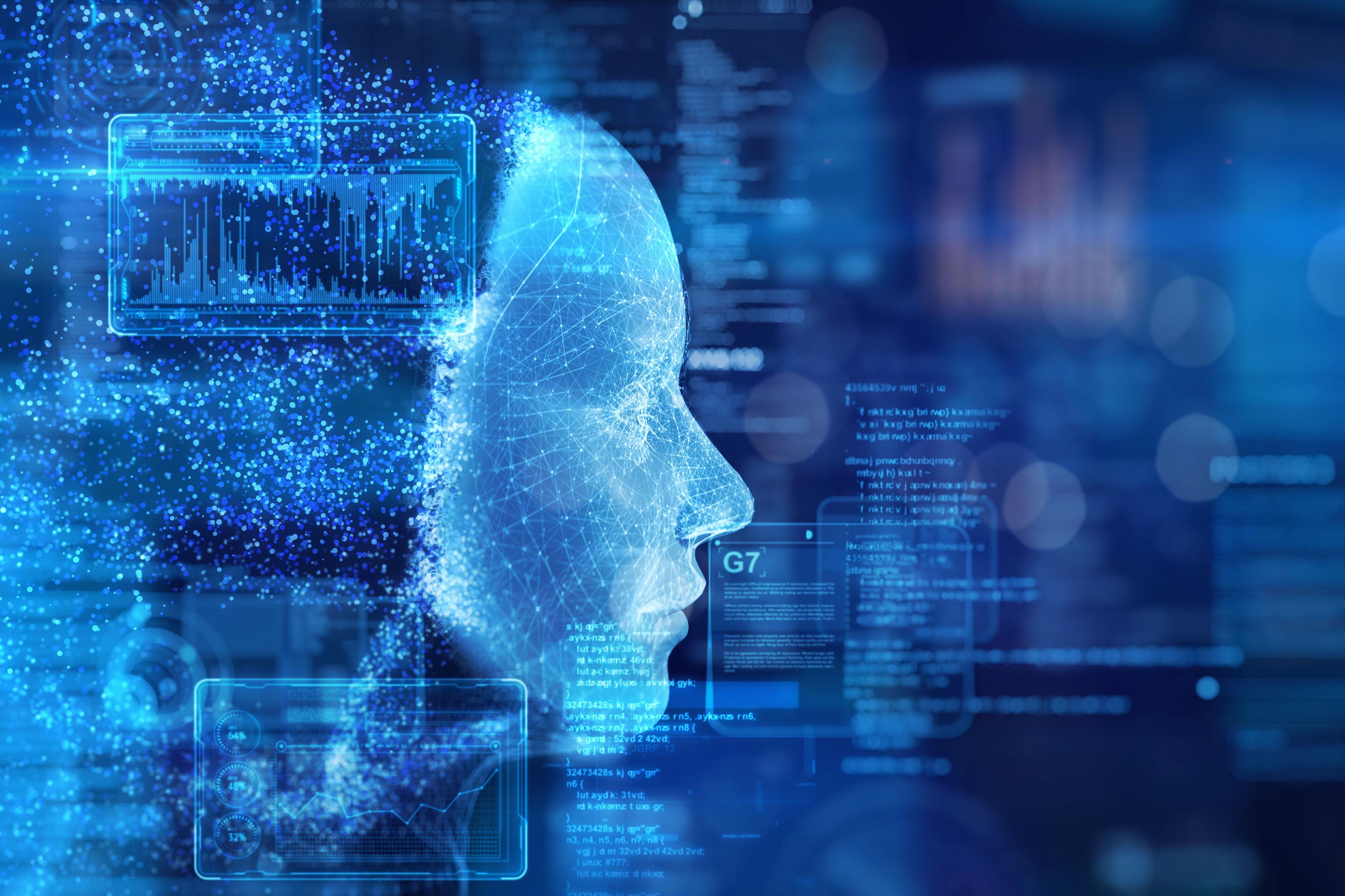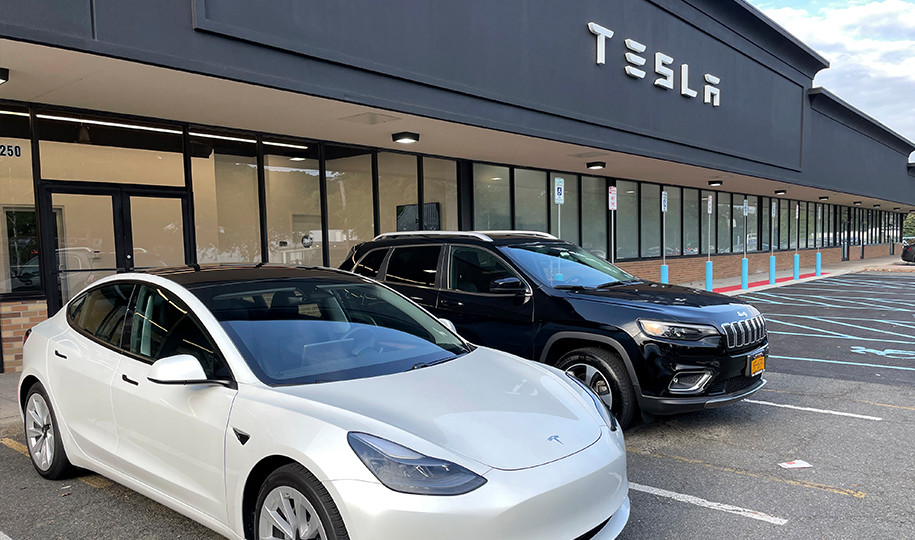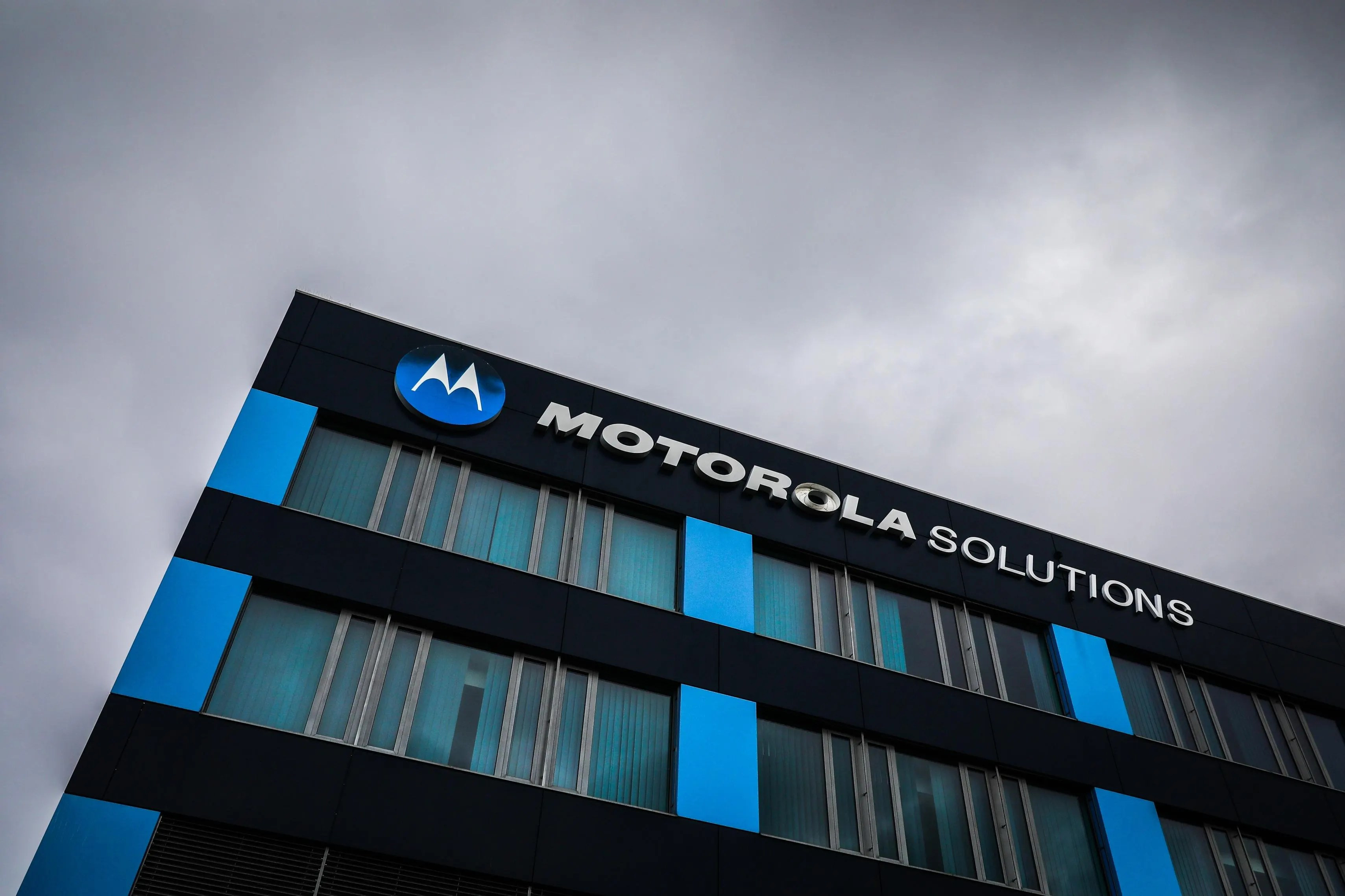The AI Revolution: Reshaping Industries and Economies
The world is witnessing an unprecedented technological revolution driven by advancements in artificial intelligence (AI). This isn't just about robots taking over; it's a profound shift impacting every facet of the global economy, from manufacturing and finance to healthcare and entertainment. The speed and scope of this transformation are startling, exceeding even the most optimistic predictions. The integration of AI is no longer a futuristic concept, but a present reality, reshaping industries and forcing businesses to adapt or risk obsolescence. This rapid evolution presents both immense opportunities and significant challenges, and it is crucial for us to understand the profound implications of this technological shift.
AI's Impact on Employment: A Job Market in Flux
One of the most hotly debated aspects of the AI revolution is its impact on employment. While some fear widespread job displacement, others argue that AI will create new roles and increase productivity. The reality is likely a complex interplay of both. Studies suggest that certain sectors, particularly those involving repetitive tasks, are vulnerable to automation. However, simultaneously, AI is creating a demand for professionals skilled in developing, implementing, and maintaining these systems. This highlights the urgent need for workforce retraining and upskilling initiatives to equip individuals with the skills necessary to thrive in this new economic landscape. This necessitates significant investment in education and training programs, focusing on STEM fields and digital literacy. It is therefore important to invest in the future workforce with skill development programs, tailored to the emerging need for AI professionals.
The Rise of New Job Roles
The rise of AI is not just about job displacement; it is also creating new opportunities. Demand for AI specialists, data scientists, machine learning engineers, and AI ethicists is soaring, creating a lucrative job market for those with the right skills. These roles are often high-paying and offer significant career progression opportunities. This shows a positive side to AI integration that many have overlooked. Moreover, AI can boost productivity in various sectors, leading to economic growth and increased overall employment.
Industries Transformed: From Finance to Healthcare
The impact of AI is far-reaching, extending across numerous sectors. The finance industry, for example, leverages AI for fraud detection, algorithmic trading, and risk management. Healthcare is seeing AI's application in diagnostics, drug discovery, and personalized medicine. Manufacturing benefits from AI-powered automation and predictive maintenance, boosting efficiency and reducing costs. The transportation industry is undergoing a major transformation, with the development of self-driving vehicles, while the retail sector is utilizing AI for customer service, personalized recommendations, and inventory management. These are just a few examples of how AI is reshaping entire industries, increasing efficiency and driving innovation. This widespread integration highlights AI's transformative power and its positive contributions to various economic sectors.
The Ethical Considerations of AI
While the benefits of AI are undeniable, it's crucial to address the ethical implications. Concerns surrounding bias in algorithms, data privacy, and the potential for misuse of AI technology require careful consideration and proactive regulatory frameworks. The development and deployment of AI should prioritize fairness, transparency, and accountability to prevent unintended consequences and ensure equitable access to the benefits of this transformative technology. We need to consider what the future holds if the proper regulatory bodies do not take the necessary precautions.
AI and the Future: Navigating the Challenges and Opportunities
The future of the global economy is inextricably linked to the continued development and integration of AI. Successfully navigating this transformation requires proactive strategies, including investment in education and reskilling programs, ethical guidelines for AI development and deployment, and international cooperation to address global challenges. Embracing AI's potential while mitigating its risks is key to ensuring a prosperous and equitable future for all. This requires a global effort, uniting governments, businesses, and individuals in a collaborative approach to harness AI for the benefit of society. The future is not predetermined; it’s a path we collectively forge, and careful navigation is paramount.
A Brave New World: Embracing the AI-Powered Tomorrow
The integration of AI is not merely a technological advancement; it is a societal shift. The challenges and opportunities presented by this revolution demand careful consideration and proactive responses. By embracing collaboration, innovation, and ethical responsibility, we can harness the power of AI to build a more prosperous, equitable, and sustainable future. The impact of AI on global economies is a multifaceted issue, requiring a blend of technological prowess, ethical considerations, and global cooperation to fully realize its potential while mitigating any risks.


















